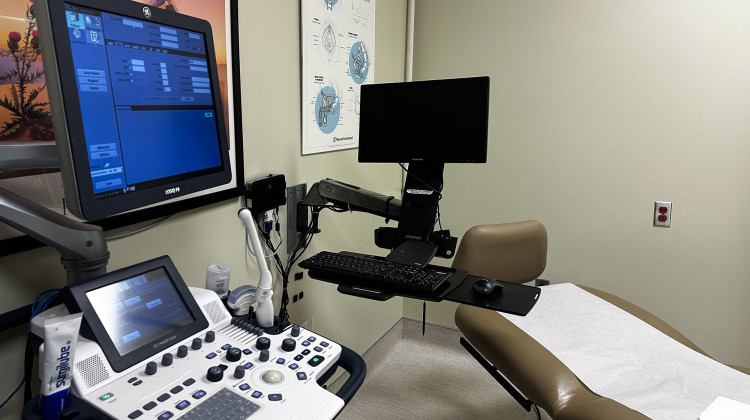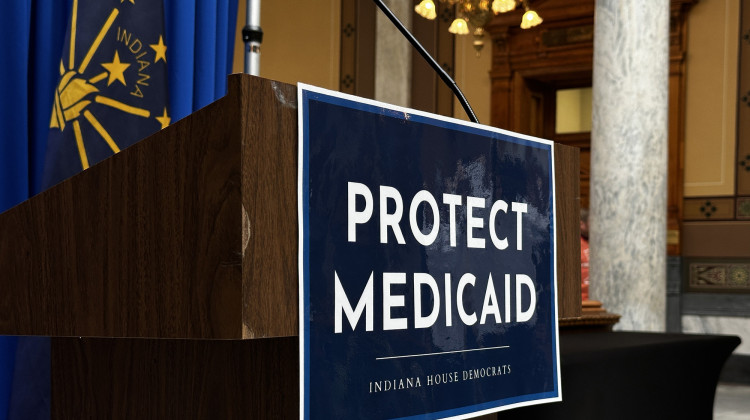A federal judge heard an abortion provider’s case against the state Monday over its efforts to open a clinic in South Bend. The group argues the state department of health’s licensing requirements are unconstitutionally vague.
The state says Whole Woman’s Health Alliance didn’t provide necessary information about similarly-named clinics around the country in applying for a license. Whole Woman’s Health is a privately owned organization, operating seven clinics across the country.
But the nonprofit, Whole Women’s Health Alliance, says it’s not affiliated with those other clinics, and further, the state is “moving the goal post” with its requirements.
The federal lawsuit comes after the Indiana State Department of Health denied the Alliance’s original application. Following an appeals process with the department upholding the denial, the Alliance filed a second application, which included a request from the state for more information on the privately owned clinics.
Rupali Sharma, an attorney for the Alliance, says the state’s request is too broad and would include hundreds of thousands of documents. And she says the 18 month argument over licensing is placing an undue burden on South Bend.
“At the end of the day, this is about people struggling to access care that they have a constitutionally protected right to,” Sharma says.
The state argued the request isn’t vague, and it needed access to documents to determine the quality of the Alliance’s clinics – issues at clinics in other states could reflect on the Alliance as a whole.
Without the clinic opening, the closest abortion provider for residents in South Bend is in Merrillville. Sharon Lau, Midwest advocacy director for the Alliance, says residents often travel to Chicago; Kalamazoo, Michigan; or Indianapolis for that access.
“These laws and these licensing requirements really place a burden that is completely unnecessary, that has no benefit for women’s health,” Lau says.
The Alliance argues, even without the license, the clinic would still be subject to regulations and reporting requirements in state law. And they would still be held to the same medical standards as other clinics.
But the state argues the license provides another avenue for spotting potential issues at clinics.
 DONATE
DONATE







 View More Programs
View More Programs


 Support WFYI. We can't do it without you.
Support WFYI. We can't do it without you.